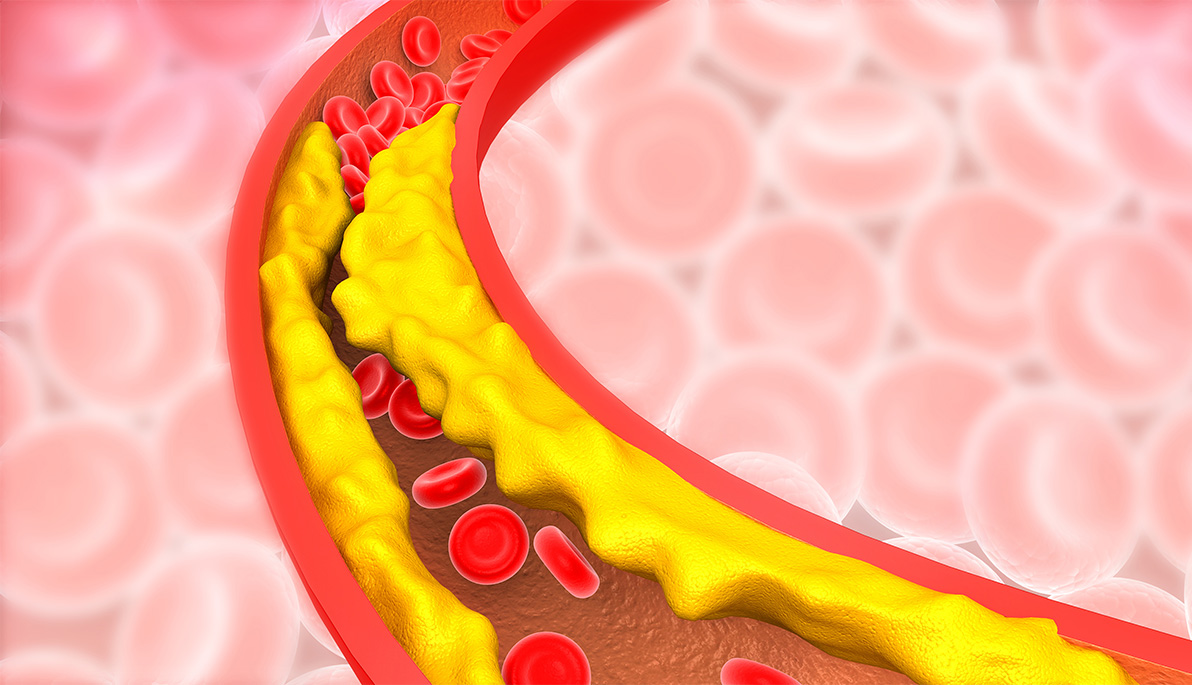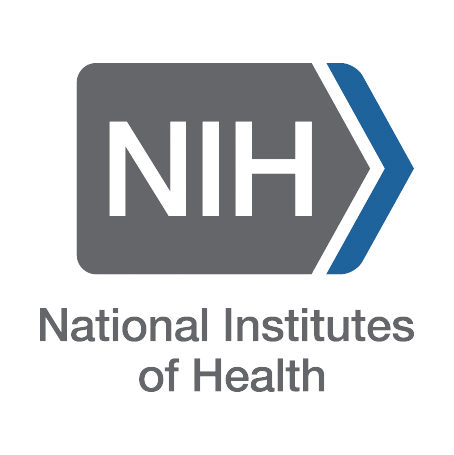
NIH Awards Olga Savinova, Ph.D., $1.8 Million Research Grant
January 27, 2021
Olga V. Savinova, Ph.D., assistant professor of biomedical sciences at NYIT College of Osteopathic Medicine (NYITCOM), has secured a five-year grant estimated at $1.8 million from the National Institutes of Health (NIH) National Heart, Lung, and Blood Institute. The grant, which includes a first-year award of $342,675, will support research to improve the understanding of atherosclerosis (hardening of the arteries) and deliver a new treatment for heart disease.
According to the Centers for Disease Control and Prevention, more than 30 million adults in the United States have been diagnosed with heart disease, which also causes one in every four deaths. Scientists believe that atherosclerosis is a risk factor in predicting heart disease-related illness and death. The buildup of calcium salts in blood vessel tissue, known as vascular calcification, is considered to be a trademark of atherosclerosis, but scientists are unsure whether calcification causes atherosclerosis or is simply a byproduct. If it is a risk factor for atherosclerosis, treatments targeting calcification may prevent millions of future heart disease cases and fatalities.
A research team, led by Savinova, will use mouse and computer models to investigate whether vascular calcification contributes to the development of atherosclerosis and, if so, whether a decalcification treatment can correct and prevent it.
“Our overarching goal is to gain a better understanding of how calcification impacts the onset, progression, and treatment of atherosclerosis,” said Savinova, who also received a 2018 NIH grant to examine vascular calcification in chronic kidney disease. “We believe calcification is a risk factor for atherosclerosis and one that can be corrected. By inhibiting vascular calcification caused by overactive phosphatase, we may be able to provide a therapy for atherosclerosis.”
Savinova’s team has collected data that suggests the enzyme phosphatase is responsible for vascular calcification. Their data shows that when a surplus of phosphatase exists in combination with high levels of lipids (fat-like substances in the blood), lipids are retained in the blood vessels, accelerating vessel hardening. Consequently, if the overactive gene responsible for the surplus can be “turned down,” preventing its ability to cause calcification, atherosclerosis may also be treated.
The team will use computational models to map the blood flow impact of increased calcification in mice with high lipid levels. After administering an inhibitor to mitigate excess enzyme activity, the team will monitor for reduced arterial stress. If their approach is successful, it could also prevent harmful changes in the area of the heart containing the aortic valve, which is critical for proper circulation.
The team also includes College of Engineering and Computing Sciences’ Dorinamaria Carka, Ph.D., assistant professor of mechanical engineering, who will perform the computer simulations on blood flow dynamics, as well as NYITCOM’s Brian Beatty, Ph.D., associate professor of anatomy, and Maria Plummer, M.D., pathologist and associate professor of clinical specialties. José Luis Millán, Ph.D., professor of human genetics at the Sanford Burnham Prebys Medical Discovery Institute, is also involved.
“Grants from prestigious research institutions, such as the NIH, open doors to opportunities and resources that are critical in advancing our mission to reinvent the future,” said New York Tech President Hank Foley, Ph.D. “This award will help to elevate New York Tech’s standing within the scientific research community and better position our faculty to innovate solutions for one of the nation’s deadliest diseases.”
The NIH, part of the U.S. Department of Health and Human Services, is the largest biomedical research agency in the world. The grant was supported by the NIH National Heart, Lung, and Blood Institute under Award Number R01HL149864. The content is solely the responsibility of the authors and does not necessarily represent the official views of the NIH.
More Features

An Alumnus’ Commitment to the Environment
As an energy management graduate from New York Tech’s Vancouver campus, Jasdeep Gulati (M.S. ’22) is highly invested in educating people about environmental and climate sustainability.

Vancouver Faculty Win University-Sponsored Research Awards in New Program
The new Global Impact Research Grant (GIRG) program has been developed to keep Vancouver-based faculty connected to faculty and research projects being conducted on the university’s New York campuses.

Studying Climate Change One Degree at a Time
Junhua Qu (M.S. ’24) began her collegiate journey in Beijing. But, her interest in climate change took her to New York Tech’s Vancouver campus to study energy management.

